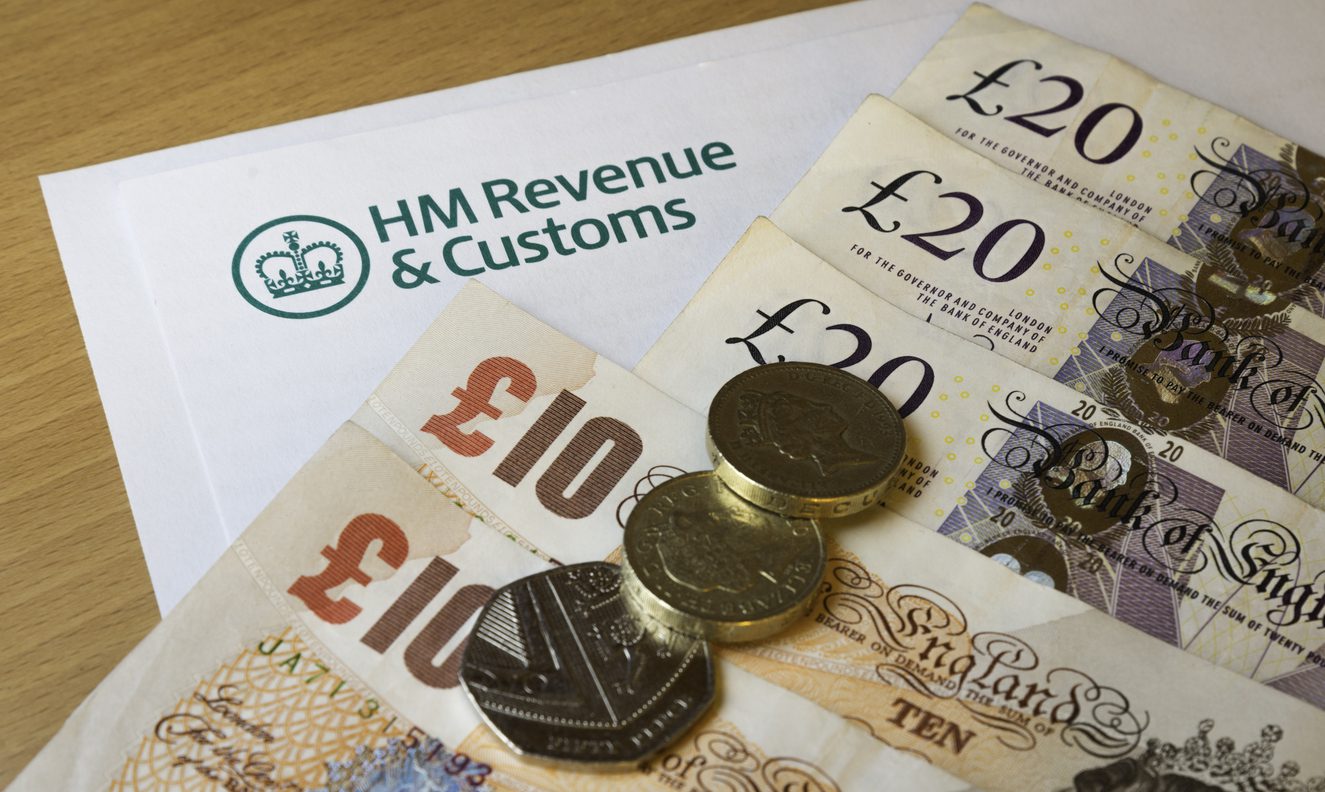Today brings in the first day of the new 2020/2021 financial year. There are a few tax changes that property owners and investors should know about.
In the Budget statement last month, Chancellor Rishi Sunak announced the government’s financial plans for the coming year. At that point, on 11 March, although fears of the spreading coronavirus were growing, it was not the large-scale pandemic that now sees the majority of the UK on lockdown.
The government has taken a set of measures to protect those in the property market. Homeowners who are struggling can apply for mortgage holidays. Likewise, landlords whose tenants can’t pay rent or who are suffering financial hardship can apply for a break from their buy-to-let mortgage payments.
However, from a taxation point of view, the majority of Sunak’s Budget is going ahead as planned.
Capital gains tax
Capital gains tax (CGT) is a tax you pay on the increased value of your possessions when you sell, during the time you owned them. This applies to things like antiques and shares, for example, but also investment property or second homes.
As of 6th April 2020, the time you have to pay any CGT you owe has changed. Before, you could pay through your self-assessment tax bill due by 31 January after the end of the tax year you sold the property. For example, if you sold a property in March 2019, you wouldn’t need to pay the tax until your 31 January 2020 tax return.
Now, you must pay within 30 days of the completion of sale or disposal. While the amount you pay is the same, the tighter deadline is something to bear in mind. Non-UK residents must still notify HMRC within 30 days of a residential property sale, whether or not there is tax to pay. They will no longer be able to defer payment via self-assessment.
Two further aspects of capital gains tax are changing. These are Private Residence Relief (PRR) and lettings relief.
Private Residence Relief: The exemption period for this relief has been shortened. If you sell a residence that you once lived in, you did not have to pay tax on the final 18 months of ownership. This has been reduced to nine months.
Lettings relief: Those eligible for PRR might qualify for letting relief, if the property (or part of it) has been let out. Now, you can only claim lettings relief if you are a landlord living at the property when you sell it.
Mortgage interest tax relief
Over the past three years, mortgage interest relief has been gradually phased out. This is due to Section 24 legislation brought in by George Osborne. From today, all a landlord’s financing costs, including mortgage payments, will be given as a basic tax rate reduction. So landlords have to pay income tax on the full amount of their earnings. They then have the option to claim back 20% of mortgage interest costs as credit.
More information about the latest changes can be found on the government’s website.










